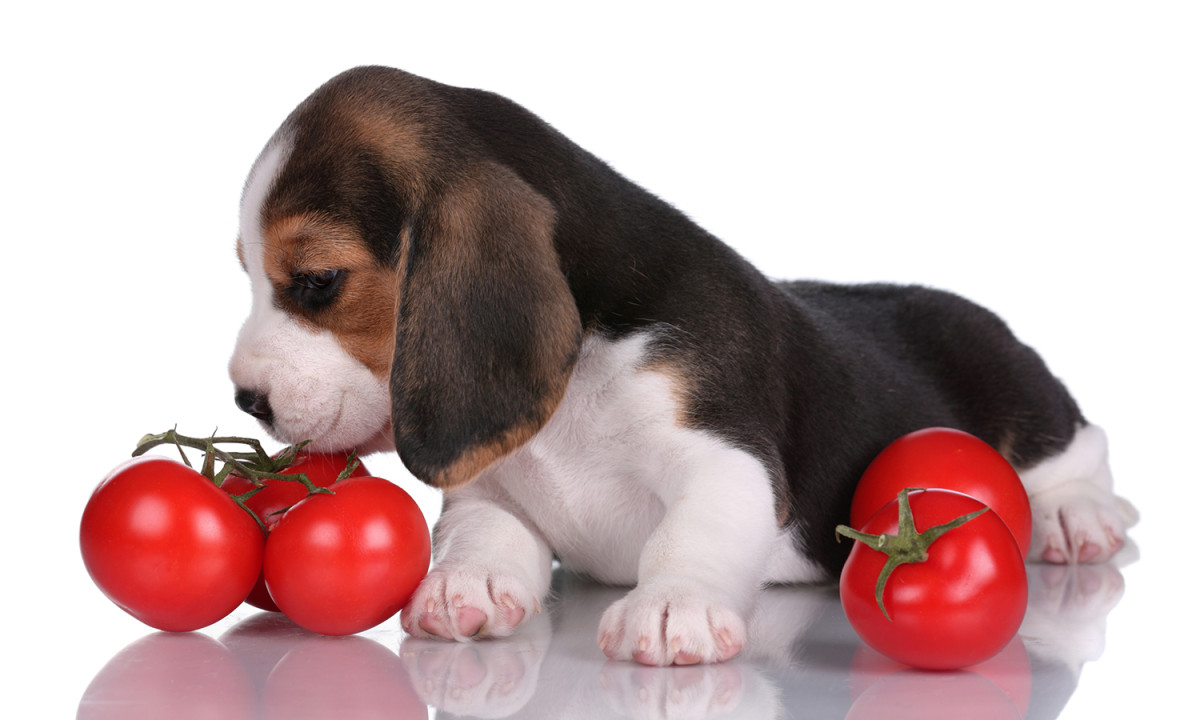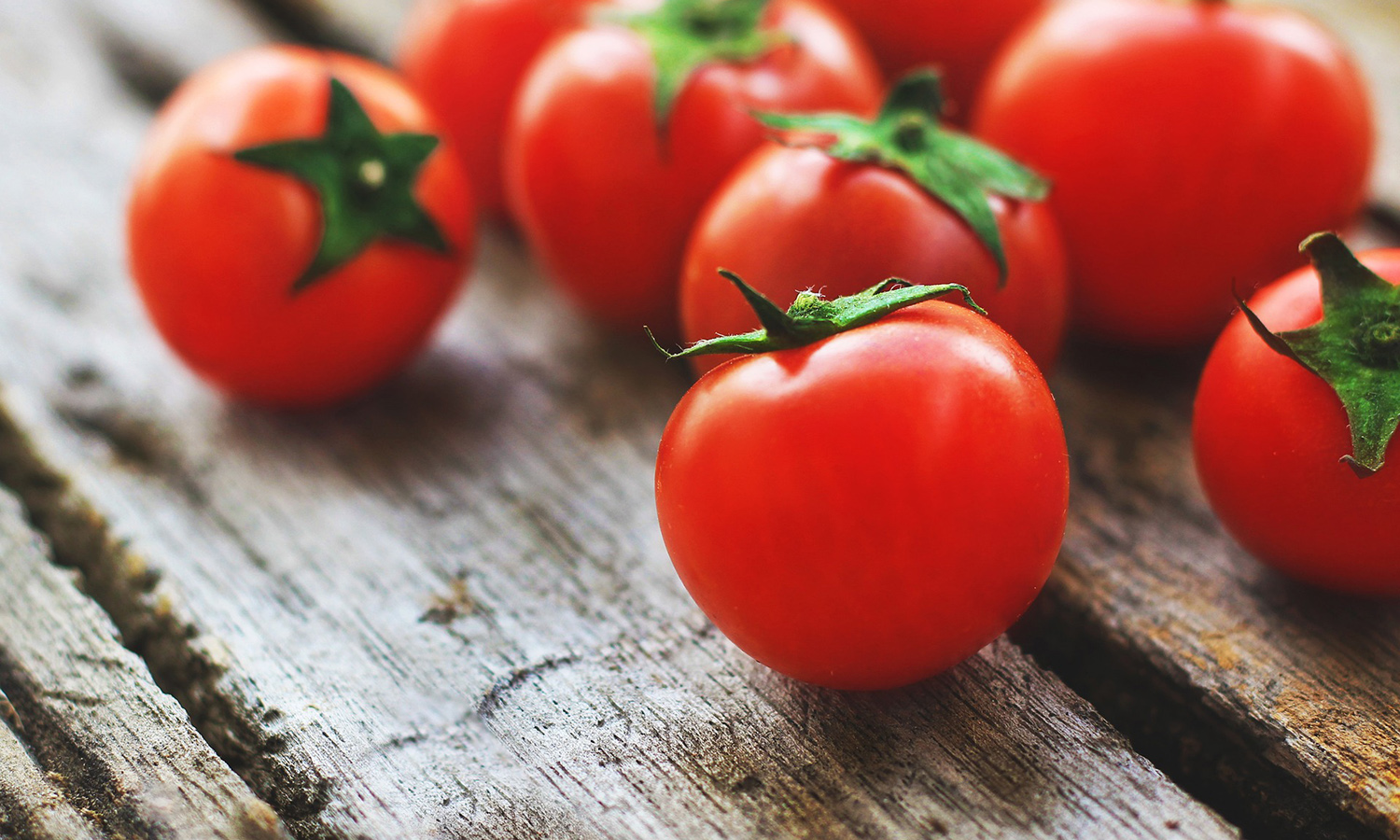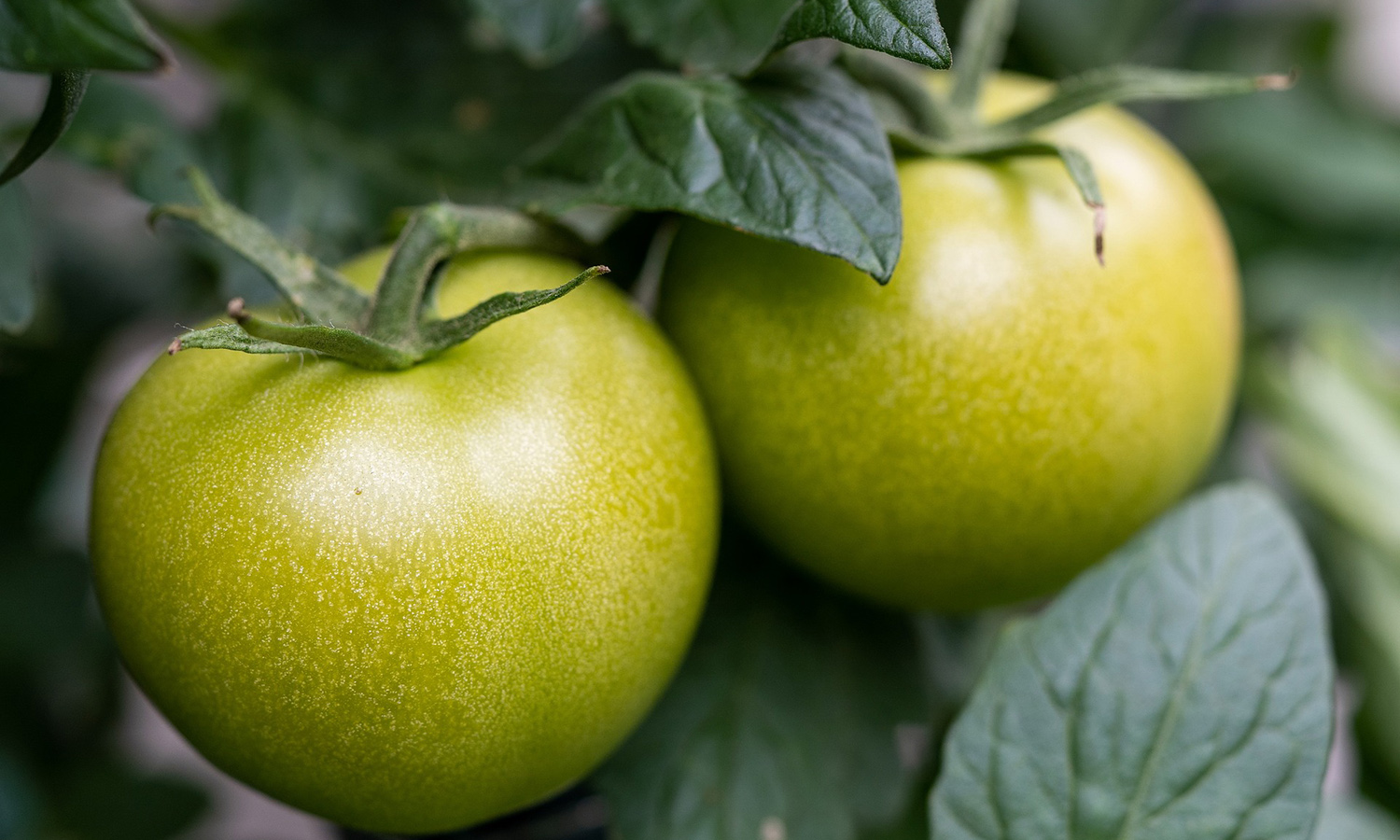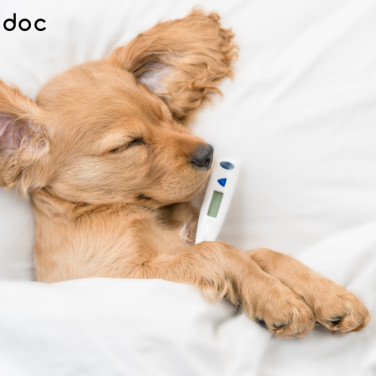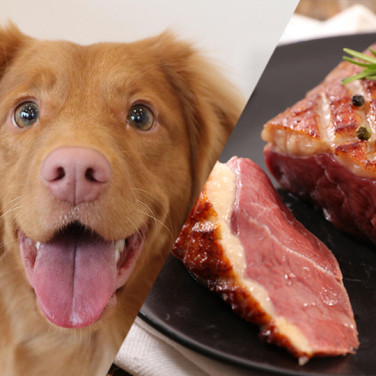FOOD
Can Dogs eat Tomatoes? Safety Guide on Feeding Them to Dogs
페이지 정보
본문
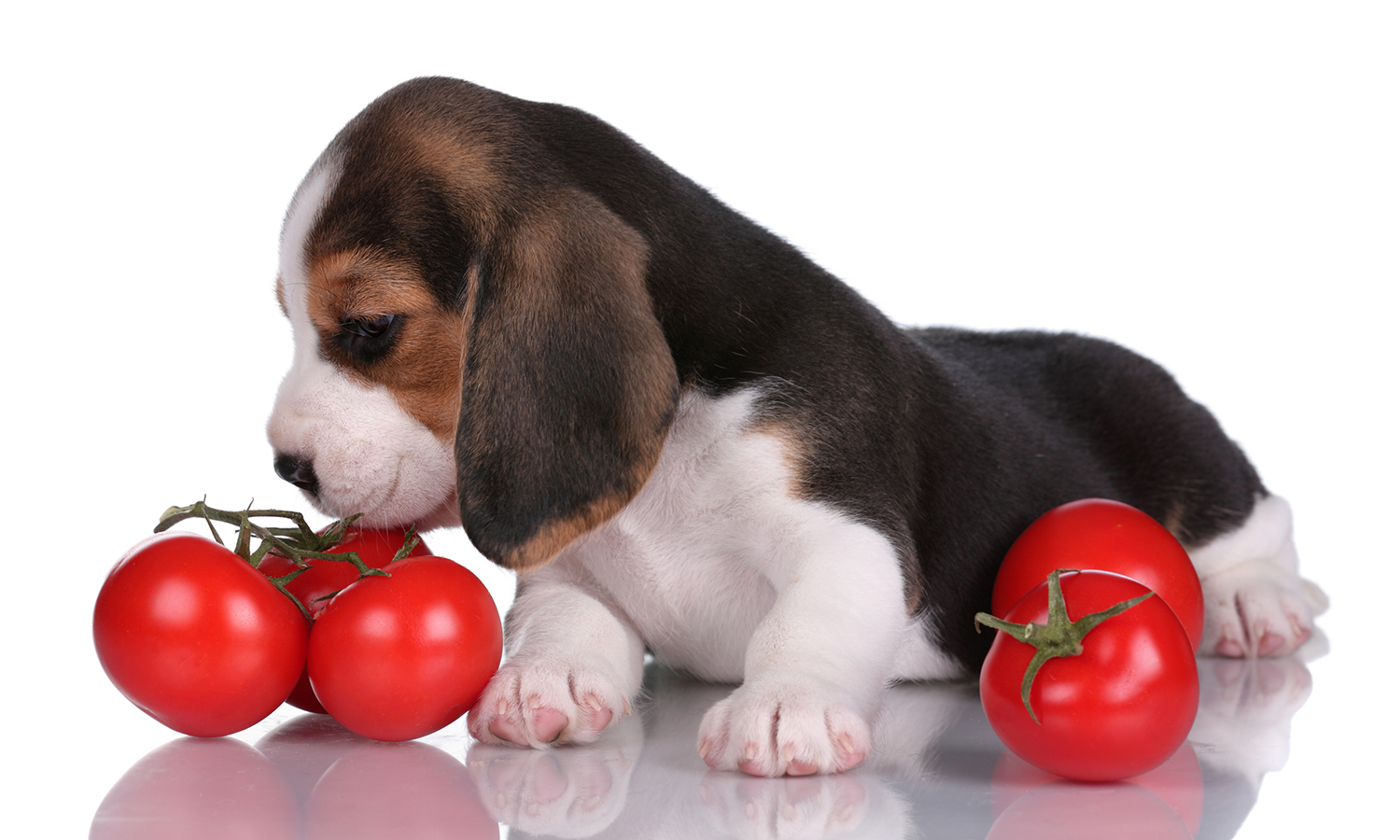
Red ripe tomatoes can make for a healthy snack for dogs in moderation. They are rich in fiber and contain various nutrients such as vitamins, potassium, and antioxidants. However, the leaves, stems, and unripe green parts of tomatoes contain compounds called solanine and tomatine, which can be toxic to pets. It is important to wash the tomatoes thoroughly, remove the stems and green parts, and cut them into bite-sized pieces before giving them to your dog.
What are the benefits of tomatoes for dogs?
Tomatoes provide great hydration, low in calories, and rich in fiber, so they are a healthy food for dogs if fed in moderation. They contain various vitamins and potassium, such as vitamins A, C, K, and folic acid (B9), and antioxidants such as lycopene and beta-carotene that can help prevent aging and strengthen the immune system. It is important to only occasionally feed them ripe tomatoes and not make them a regular part of your dog's diet.
Can dogs eat cherry tomatoes?
Cherry tomatoes are smaller in size than regular tomatoes, but they contain more nutrients. They are the same variety, so they have the same nutrients, but cherry tomatoes have a higher content of vitamins and minerals. As long as you feed in moderation, cherry tomatoes also make for a safe and healthy snack for dogs.
Key nutritional facts for feeding tomatoes to your dog
-
Fiber
Fiber can help improve your pet's digestive system and can aid in the management of diarrhea or constipation. High-fiber diets can also help with weight management by providing a feeling of fullness.
-
Vitamins
- Vitamin A strengthens the immune system and supports healthy skin, coat, and eyesight.
- Vitamin C supports the immune system and may help with cognitive issues associated with aging.
- Vitamin K aids in blood clotting.
-
Minerals
Potassium helps the heart, nerves, and muscles function properly.
-
Antioxidants
Antioxidants such as beta-carotene and lycopene can support joint and heart health, boost immunity, and support skin and coat health.
Best way to serve tomatoes for your dog
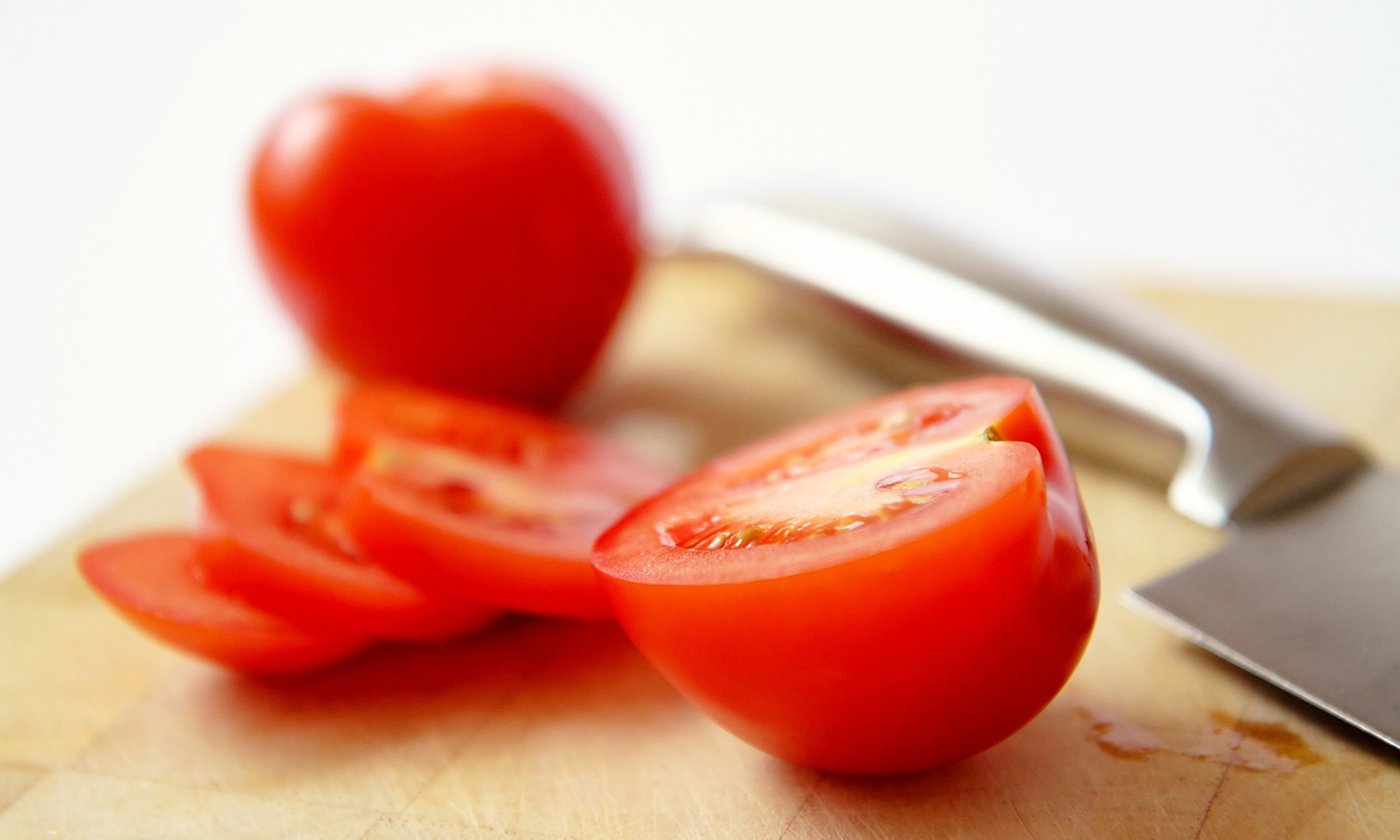
Tomatoes should be red, ripe, and washed thoroughly before serving. Vegetables and fruits can retain dirt and pesticide residues, so it's important to wash them thoroughly before serving them to your pet. Remove the stems or unripe green parts of tomatoes completely, as they contain ingredients that are toxic to pets. Cut them into small pieces before serving. When heated and cooked, tomatoes become richer in some nutrients, such as lycopene, and are easier to digest.
It's important to feed the right amount of tomatoes or cherry tomatoes as snacks and not become a regular part of their diet.
Your dog may not like the texture or taste of tomatoes, so don't be surprised if they spit them out.
If you're feeding tomatoes for the first time, it's important to check for problems such as vomiting, diarrhea, or allergic reactions after feeding small amounts. In case of any gastrointestinal or allergic reaction, contact your veterinarian immediately.
Precautions to consider, when feeding tomatoes to your dog
Can I feed my dog unripe, stems, or the leaves of a tomato?
The tomato is a plant that belongs to the nightshade family. The leaves, stems, and green parts of unripe tomatoes contain toxic natural chemicals called solanine and tomatine. Eating too much of these green parts can cause symptoms of tomatine poisoning.
The most common symptoms of tomatine poisoning are gastrointestinal upset such as abdominal pain, vomiting, and diarrhea. In severe cases, it can cause muscle weakness, loss of coordination, heart problems (abnormal heart rate), tremors, dilated pupils, seizures, and even coma. However, tomatine poisoning only occurs when ingested in very large quantities, so it's not something to worry about too much. Caution should be exercised with young puppies and small breeds, however. Symptoms of tomatine poisoning are mostly non-fatal and can be resolved with hospital treatment.
How many tomatoes is too much for my dog?
Anything more than a cherry tomato or two, or a slice of tomato can potentially cause gastrointestinal upset in your dog depending on breed and size. The acidic content of tomatoes can cause gastrointestinal problems if eaten in large quantities. In particular, it is not recommended to feed any tomatoes to dogs with gastroenteritis or a sensitive stomach.
Is it safe to feed my dog tomato products, such as ketchup, tomato juice, and pasta sauce?
No, these products tend to combine a list of ingredients that may be toxic or harmful to a dog’s sensitive stomach. Keep in mind that some ingredients, like garlic and onions, can be harmful to dogs. Additionally, tomato juice may contain additives like sugar and artificial sweeteners. It is always best to check the food label before giving any human foods to your dog.
Food allergy
When introducing any new food to your puppy, it is possible for them to have an allergic reaction or develop an intolerance. It is recommended to give a small amount of the new food to test for any allergic reactions and monitor for signs of allergy. If your puppy shows any signs of an allergy, it is important to stop feeding the food and contact your veterinarian immediately.
Signs of an allergic reaction to look out for:
- Skin problems: hives, facial swelling, itchiness
- Digestive problems: vomiting and diarrhea
- Shortness of breath
Ever wonder what other fruits can dogs eat safely?
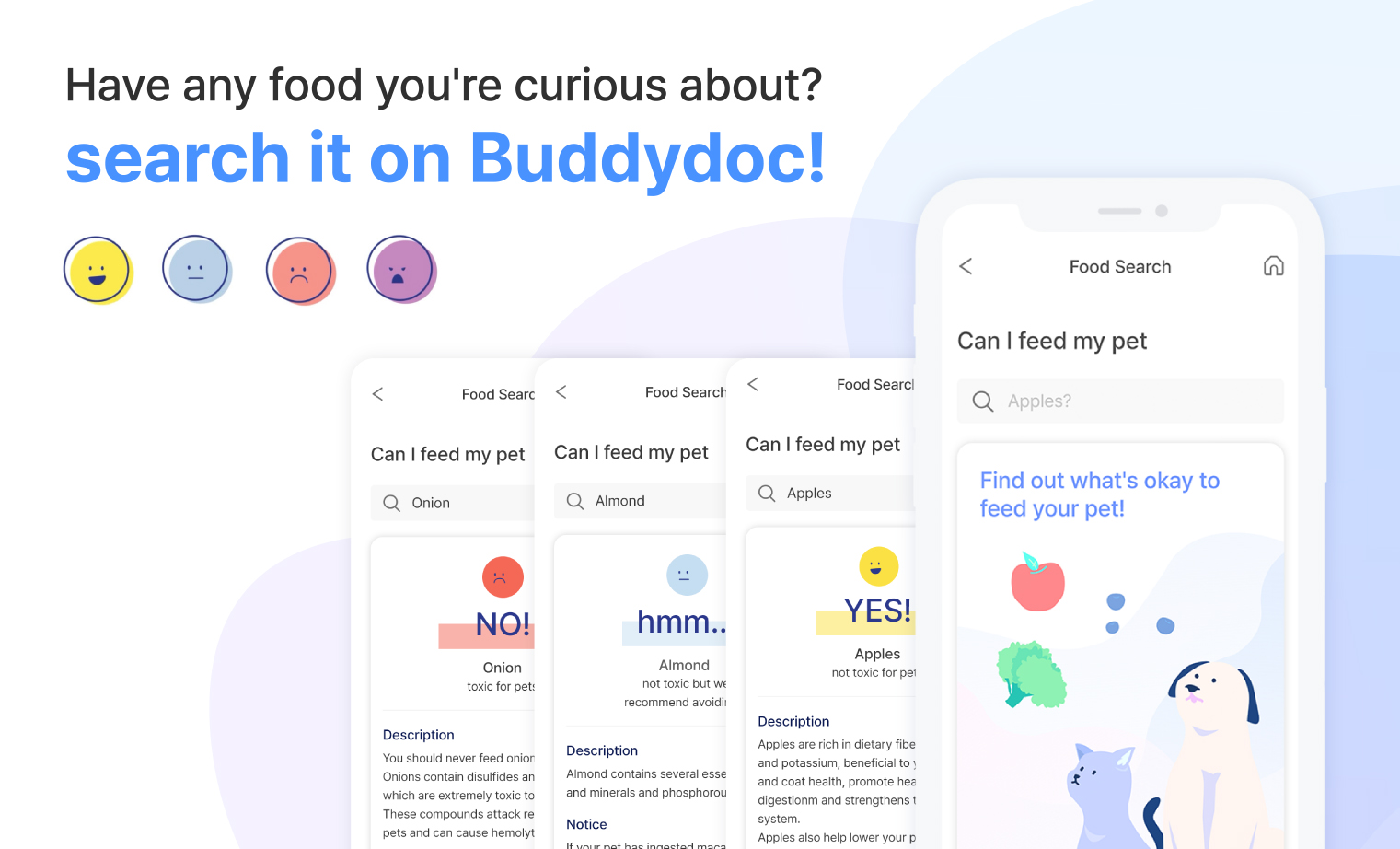
Does your dog also look up at you with those puppy dog eyes whenever you are snacking on something? You know foods like chocolates should not be shared with them but do you search the Internet every time if it’s okay to share a bite of whatever you are eating? The Buddydoc Food Dictionary provides information on hundreds of foods that we consume and informs you whether it is safe for them to consume and the nutritional benefits for your pet. If you're curious about other foods, try searching on Buddydoc!



